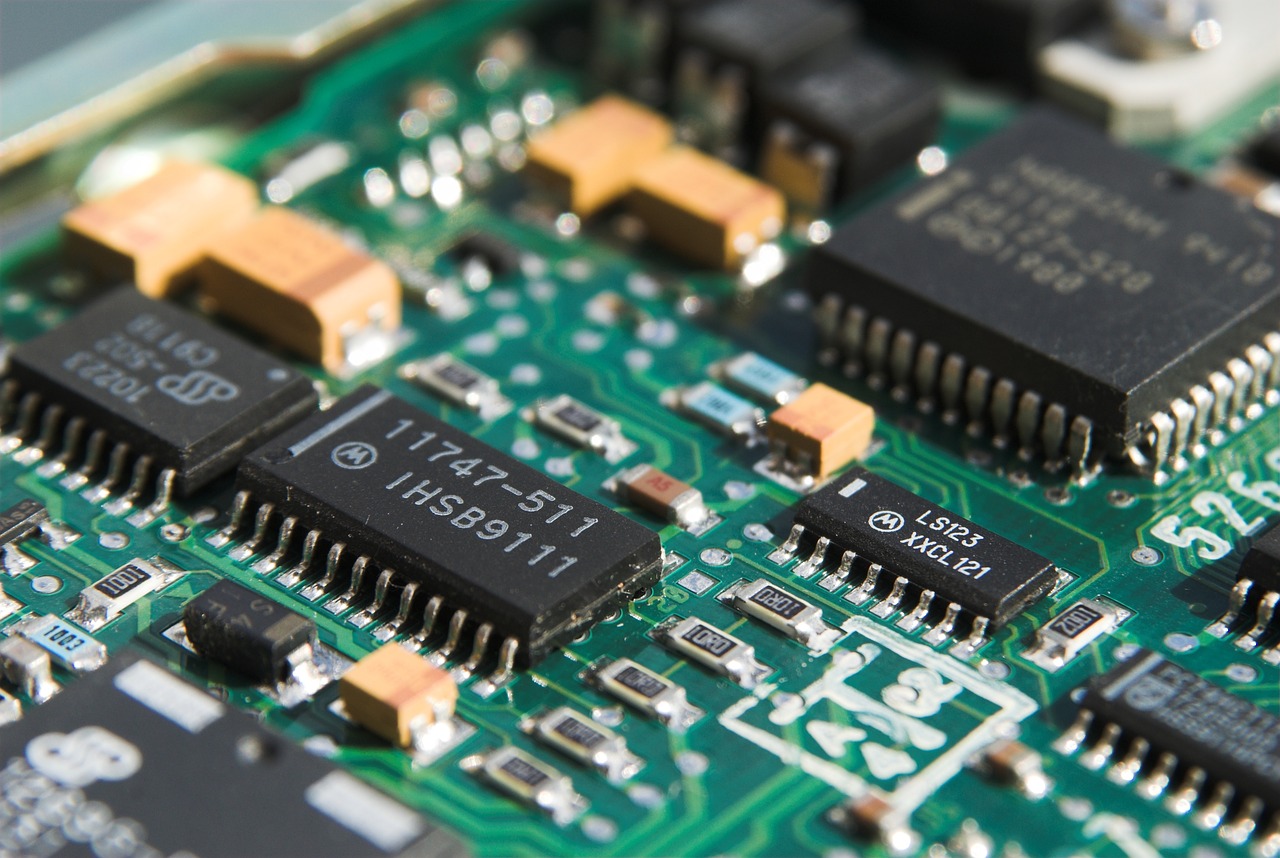 SECURITY
SECURITY
 SECURITY
SECURITY
 SECURITY
SECURITY
Bloomberg made fresh claims in its ongoing China spy chips story today, while others continued to cast doubt on the veracity of the claims.
Bloomberg first published a report on Oct. 4 that claimed China had inserted tiny spying devices in various forms of technology such as data center servers, including those used by Amazon.com Inc. and Apple Inc. Today it went further and claimed that the same chips were discovered in hardware being used by a “major U.S. telecommunications company.”
The report referenced a security expert named Yossi Appleboum as providing the publication with documents, analysis and other evidence of the discovery. As was the case with the original allegations, the spy chips are alleged to have been found in hardware manufactured by Super Micro Computer Inc., a Taiwanese-American-founded information technology company based in San Jose, California.
Appleboum is quoted as saying he has seen similar manipulations of different vendors’ computer hardware made by contractors in China, not just products from Supermicro.
As with the original claims, which were denied by Apple, Amazon, the U.K. National Cyber Security Centre and the U.S. Department of Homeland Security, the new claims have been vehemently denied by all four major U.S. telcos — Sprint Corp., AT&T Inc., Verizon Communications Inc. and T-Mobile US Inc. Motherboard, which reported the latest denials, said it best when it wrote that “no one is really sure who to believe.”
Bringing the original report into question further, hardware security expert Joe Fitzpatrick, who was both consulted with and quoted in the report, has said he believes Bloomberg manipulated what he said.
On the Risky Business podcast, Fitzpatrick said that he spent a lot of time explaining to Bloomberg how such attacks could, in principle, be carried out, but instead Bloomberg had parroted his theory as fact.
“What really struck me is that like all the details that were even remotely technical, seemed like they had been lifted from the conversations I had about theoretically how hardware implants work and how the devices I was making to show off at black hat two years ago worked,” Fitzpatrick said. “It was surprising to me that in a scenario where I would describe these things and then he would go and confirm these and 100 percent of what I described was confirmed by sources.”
Bloomberg has a reputation for solid reporting and wouldn’t normally publish a story unless they were entirely confident in it. But as Axios pointed out, “it’s hard to believe that Amazon, Apple and Supermicro are all fabricating their emphatic denials of the Bloomberg story.”
Someone is lying, or at least is mistaken, so the big question remains who.
Support our mission to keep content open and free by engaging with theCUBE community. Join theCUBE’s Alumni Trust Network, where technology leaders connect, share intelligence and create opportunities.
Founded by tech visionaries John Furrier and Dave Vellante, SiliconANGLE Media has built a dynamic ecosystem of industry-leading digital media brands that reach 15+ million elite tech professionals. Our new proprietary theCUBE AI Video Cloud is breaking ground in audience interaction, leveraging theCUBEai.com neural network to help technology companies make data-driven decisions and stay at the forefront of industry conversations.